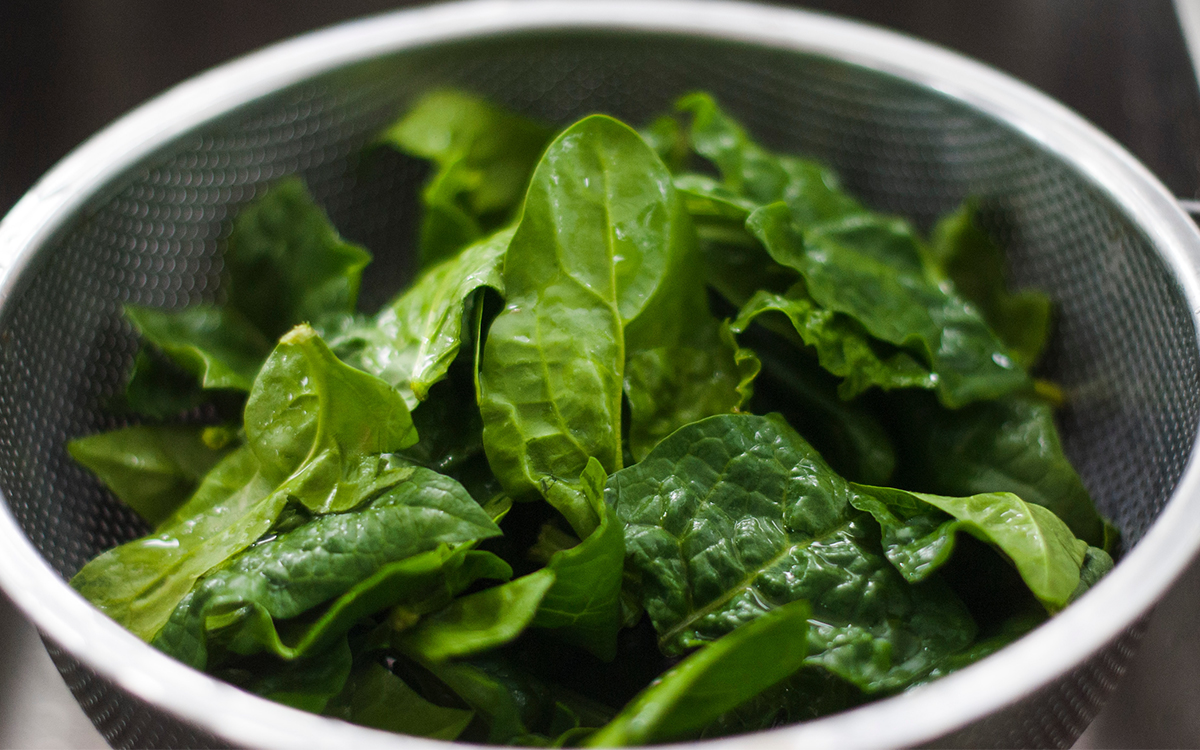InsideHook’s Senior Editor Alex Lauer became a vegetarian a few years ago. Since he made the switch, he’s heard one question over and over from curious (dubious) friends: “But where do you get your protein?”
It’s difficult for most people, Americans especially, to imagine a balanced diet that doesn’t rely on meat or spurns it entirely. But a recent study out of Japan might breathe some much-needed fresh air into that line of thinking. Researchers followed nearly 71,000 Japanese men and women for an average of 18 years, none of whom had a history of cancer or cardiovascular disease, and discovered a fascinating link between plant protein intake and long-term health.
When comparing the study’s top quintile of plant protein eaters to its bottom quintile, the top quintile had a 27% lower rate of cardiovascular death, a 28% lower rate of stroke, and a 28% lower rate of death from heart disease. Moreover, the researchers found that specifically swapping red meat protein or processed meat protein for plant protein contributed to an all-around lower mortality rate.
The baseline concept that a plant-based diet is easier on the body over the course of 18 years than an animal-based diet might not sound too revolutionary. But the focus here on protein is crucial. Piling plant-based foods on your plate goes beyond checking the boxes on vitamins, minerals, and fiber; it’s also a sustainable method for consuming protein. As for some great go-to options, we recommend tofu, edamame, chickpeas, peanuts, almonds, quinoa, chia seeds, Ezekiel bread, and vegetables like broccoli, kale, avocados and asparagus.
Whether you’re looking to get into shape, or just get out of a funk, The Charge has got you covered. Sign up for our new wellness newsletter today.


















